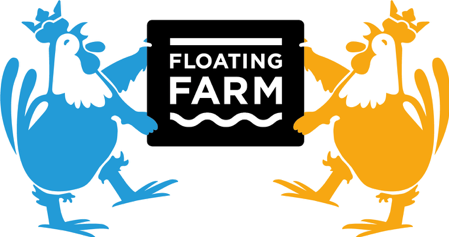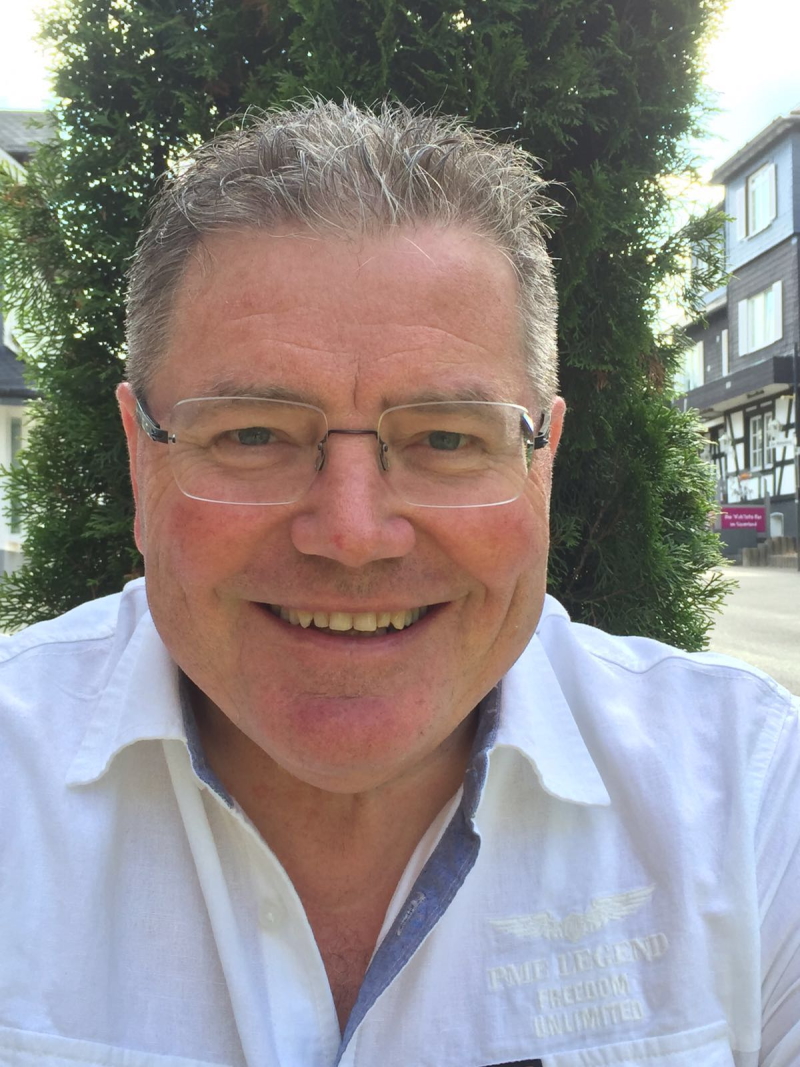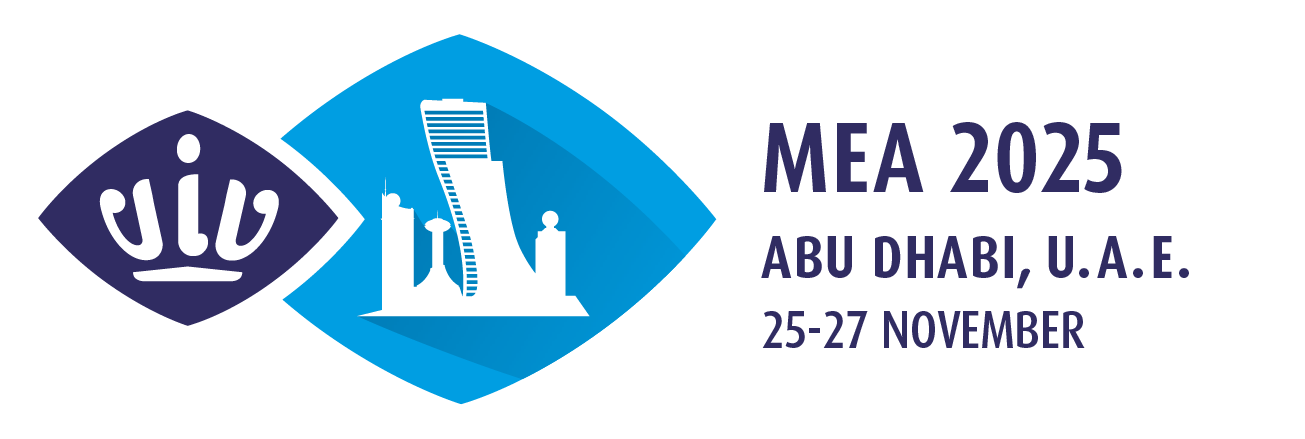
HOLLAND INSPIRATION SEMINAR
Sustainable and profitable livestock farming 2020
The birth of a floating egg farm
It sounds unrealistic: a floating farm in a sea harbour. Yet this is reality already in the harbour of Rotterdam, The Netherlands. Since last year a herd of 35 head dairy cattle are accommodated on a floating platform. Most likely a second farm will be built, adjacent to the cow herd. Laying hens this time will populate a “floating egg farm”.
Producing food nearby the consumer, under the banner “local for local”. This is the basic idea behind the floating farm concept. “Local for local” refers to using as much input from local sources as possible, and selling the end product to nearby customers in an urban area. “Thus, consumers will be able to see where their food originates from”, says Noud Janssen of innovation platform “KIP van Oranje” in The Netherlands. Together with marketeer Albert Hoekerswever they are involved in the Floating Egg Farm concept. “This “local for local” concept also fully meets with the objectives of the Dutch government to shift to circular agriculture”, Janssen continues. Using by-products from local sources to include in the feed for the animals.
The floating dairy farm went operational in May last year and is running successfully. The farm is selling its milk-products through “Spar” and “Picnic” outlets, as well as through other local partners. Also consumers can buy fresh milk on the farm. The floating farm model proves that only a minimum of logistics are needed in the value chain. It also proves that it is possible to let non subsidised, small scale farming be profitable in an urban area. “

Same principle
The next step will therefore be a floating egg farm, based on the very same principle and also located in the harbour of Rotterdam, adjacent to the floating dairy farm. “Of course it will be of a different design, but the basic concept is similar”, says Noud Janssen.
“The challenge will be, to get commercial hybrid layers under these alternative conditions as productive as they are supposed to be, with the use of alternative feed ingredients.
A flock of 7.000 white layers will populate the floating farm. After rearing, these will arrive at the age of 17 weeks and housed in an aviary system with an outdoor area of preferred supplier Vencomatic. Other preferred suppliers will be Hotraco for automation of the ventilation system, Stalmeesters for monitoring emission, Powerlamps for lighting, Total Water Care for water supply, Moba for egg breaking and Smits Agro for the “feeding kitchen”. Feed formulation will be done in collaboration with “Voergroep Zuid”. They are going to use alternative feed ingredients such as sea weed, maggots, meal worms etc. Also by-products from the food industry, such as cookies, will be included in the rations.”
New challenge
Once production starts, the eggs will be packed and sold in specially designed small boxes. Another aim is to breaking eggs for producing egg burgers. Manure will be pre-dried on the farm and mixed with manure from the dairy farm. The end product goes as fertilizer to consumers with small vegetable gardens and lawns.
The farm will be open to the public. Through transparent walls they will get a view of the entire operation, thus allowing them to understand where their food originates from. “Again it will be a challenge to get the floating egg farm on track”, Noud Janssen concludes. “But we are confident that it will be successful. We are going to tell the story abroad to make clear to the world that alternatives in animal production are possible and feasible. Even on a small scale. Scaling up is also possible, as the floating farm concept is of a modular design. Attendees of the Holland Inspiration Seminar at VIV MEA in Abu Dhabi will hear more about the floating egg farm. For sure a good reason to join!”

